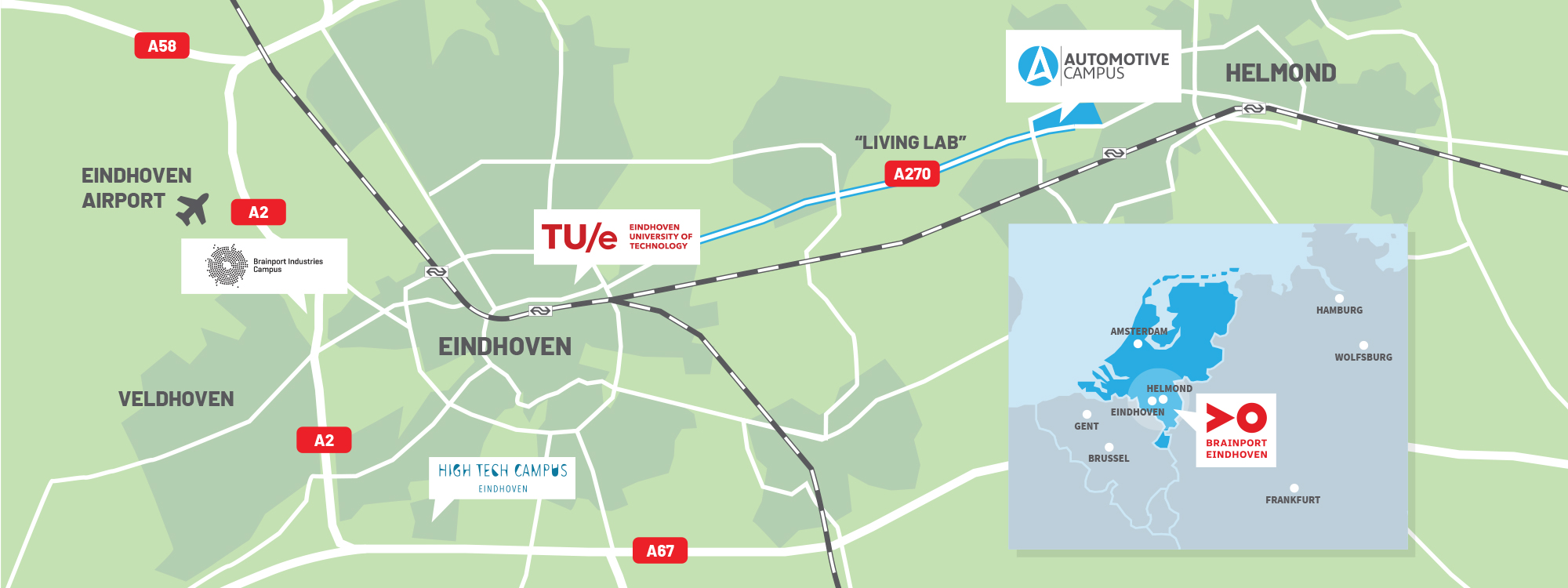Urban Mobility Systems (UMS), expert in the field of electrification solutions for industrial vehicles and inner-city passenger and freight transport and DENS, the developer of the Hydrozine generator, will collaborate. UMS is a development partner in the field of battery packs, electronics and cabling of the Hydrozine generator set.
UMS, known from the electrification of the Doosan 30-ton excavator, the Knikmops and Manitou (telescopic handler) is for DENS the partner of choice for the development of the battery system that is part of the Hydrozine generator. UMS is ahead of the latest technology without losing sight of safety and quality.
"The experience and knowledge of UMS in the field of electrification of industrial vehicles is a great asset for DENS", says Tijn Swinkels, CTO of DENS. "As DENS, we strive for a generator with a very high reliability, with UMS we can also implement this in the electronics. DENS has been looking for the right battery and electronics partner for a long time, because few companies can supply the certified technology that DENS is looking for. At UMS we can find it".
UMS recently received the ISO 6469-3 certificate, showing that they meet the highest national and international standards for optimal safety.
"We see a lot of potential in the Hydrozine generator", says Lars kool, CEO of Urban Mobility Systems. "It is a unique and versatile technology that is capable of delivering emission-free energy using a liquid renewable fuel. The aggregate uses the liquid hydrogen carrier Hydrozine, which as a liquid in contrast to hydrogen does not require pressure tanks. Hydrozine contains 53 grams of hydrogen per liter, so it can safely store large amounts of hydrogen. In the aggregate, hydrogen is generated from the hydrozine à la minute again and converted directly into clean electrical energy in a fuel cell. Through this smart and safe way of storing and transporting hydrogen, we remove the thresholds of pressurized hydrogen and offer a user-friendliness equal to that of a conventional aggregate", says Max Aerts, CEO of DENS. By integrating the UMS battery system, the genset becomes an efficient hybrid system, which means that fuel is never consumed unnecessarily, as is often the case with diesel gensets. The integration also makes it possible for the genset, with a nominal power of 25kW, to deliver peaks of 100kW for minutes. This means that with a smaller aggregate the same work can be done, where in the past a 100kW aggregate was needed.
"UMS' mission is to contribute to the acceleration of the energy transition by providing high quality and economically viable solutions, as well as being reliable and scalable", says Lars Kool. "By investing in a partnership with DENS we are one step closer to our goal".
The partnership between DENS and UMS makes it possible for the Hydrozine generator to be made available to the construction industry more quickly, which makes it possible to achieve emission-free operation. The ambition of Rijkswaterstaat and the Water Boards to be climate-neutral and circular by 2030 is also within reach.
For more information:
DENS: Max Aerts +31 6 20 27 66 08
UMS: Lars Kool + 31 85 130 0090



